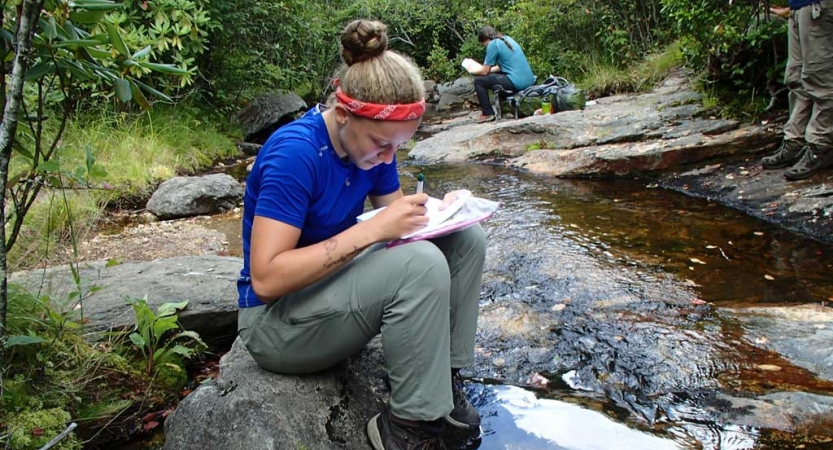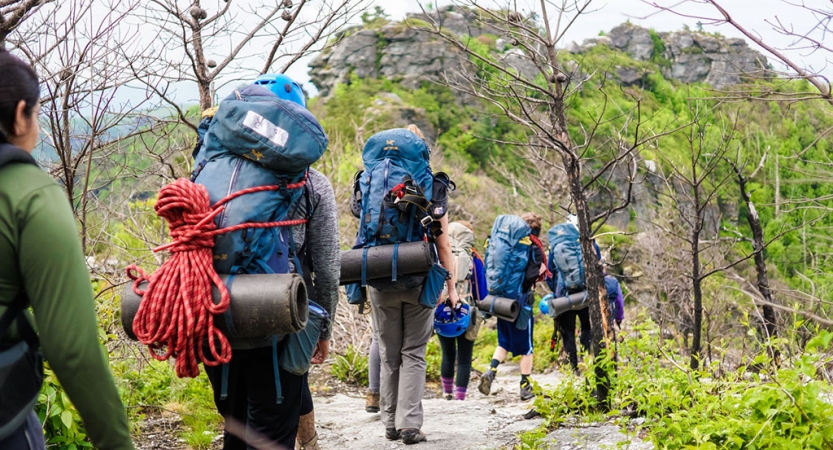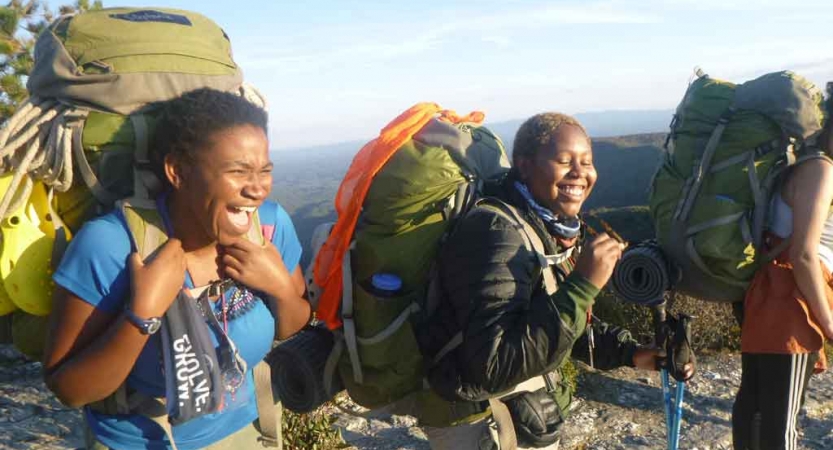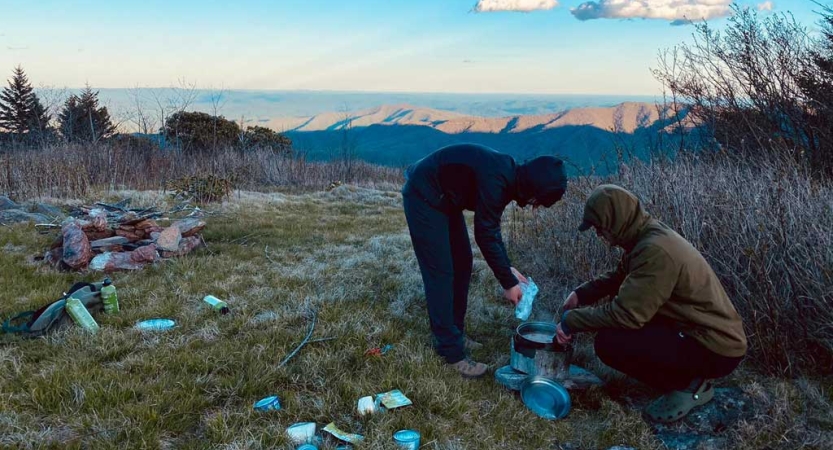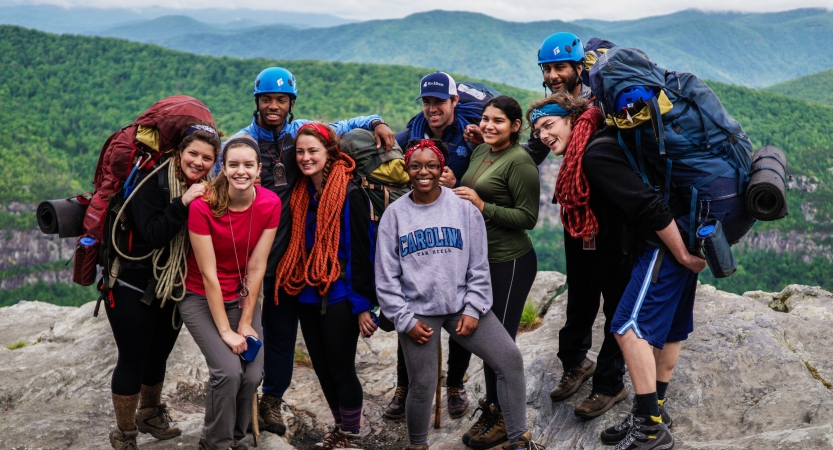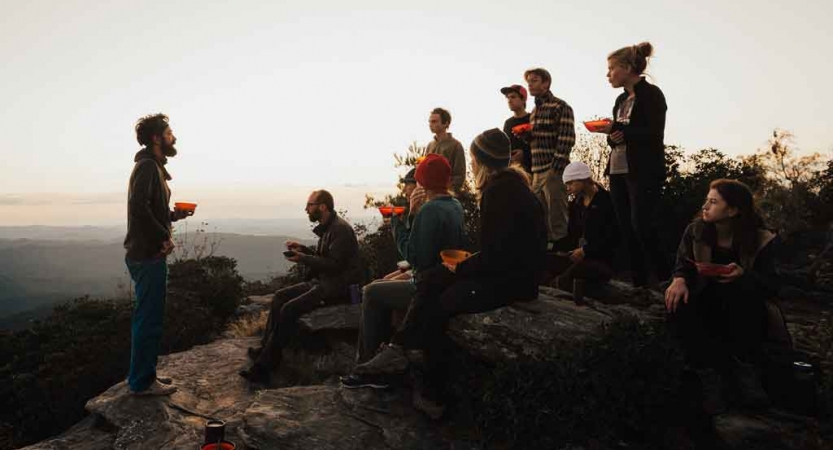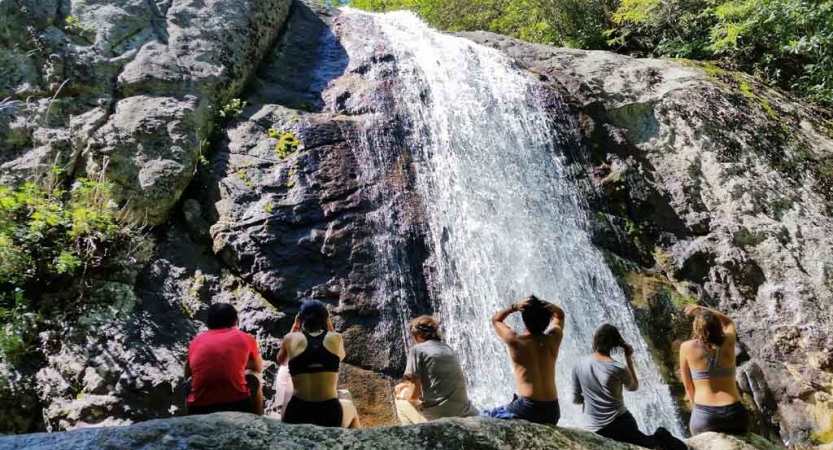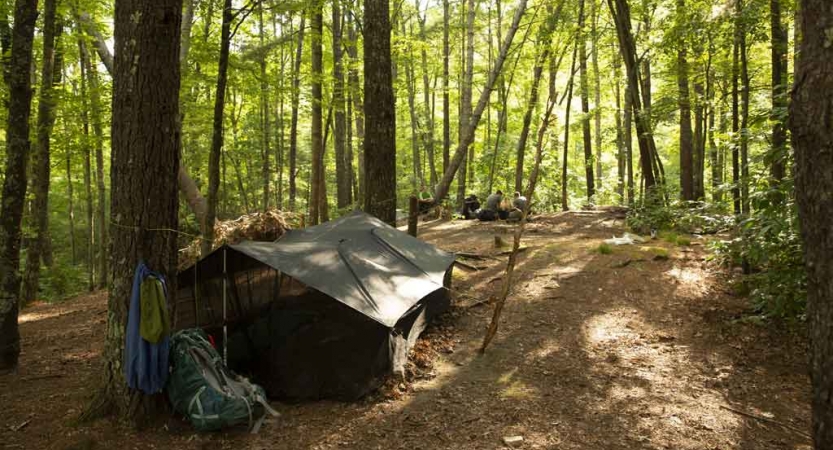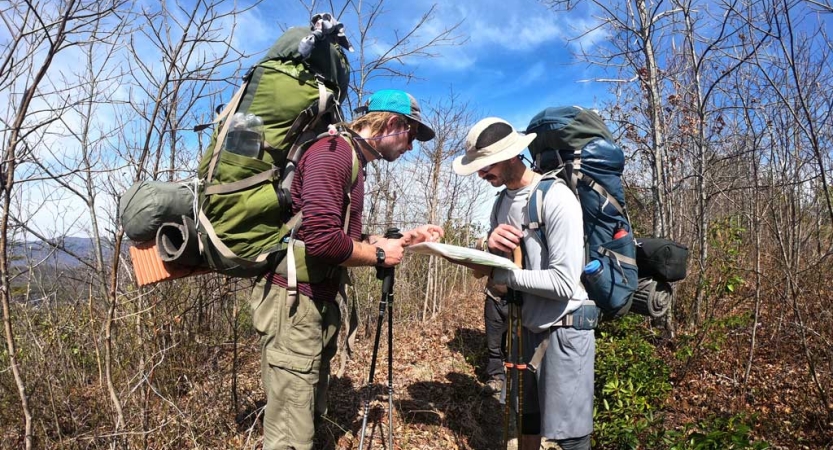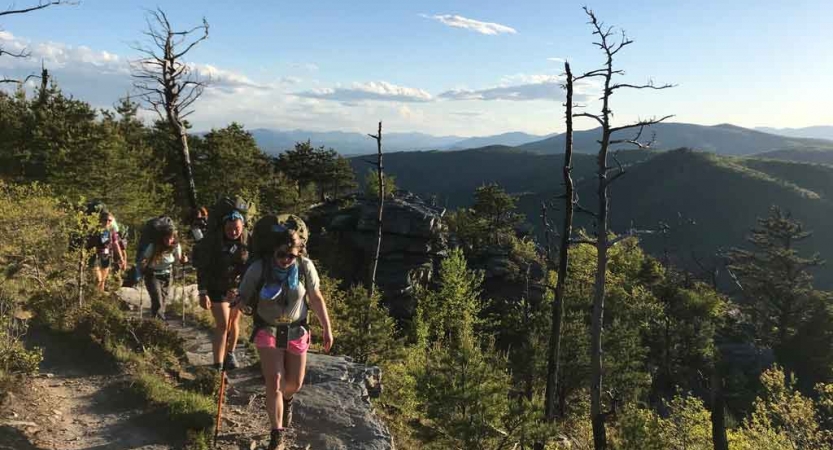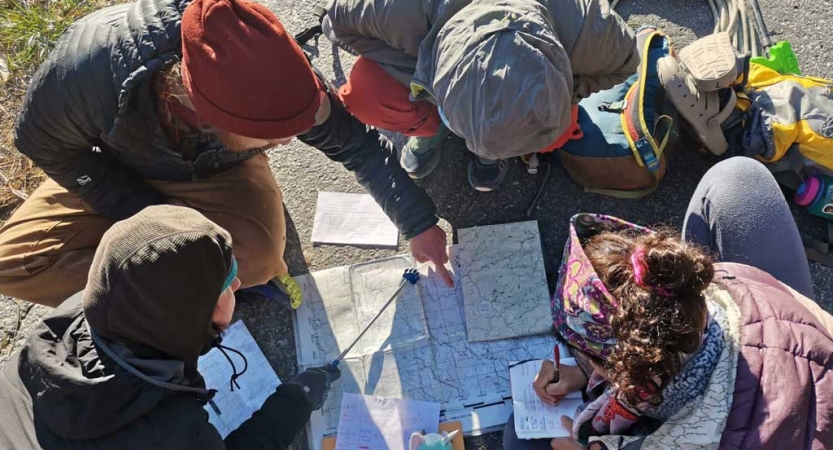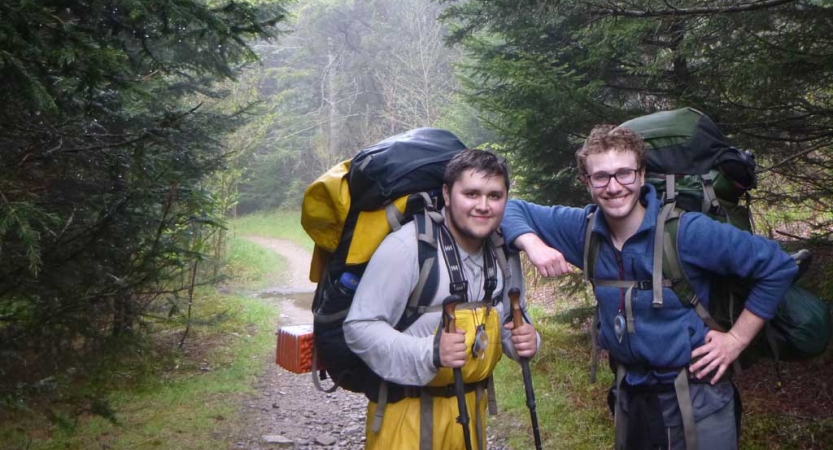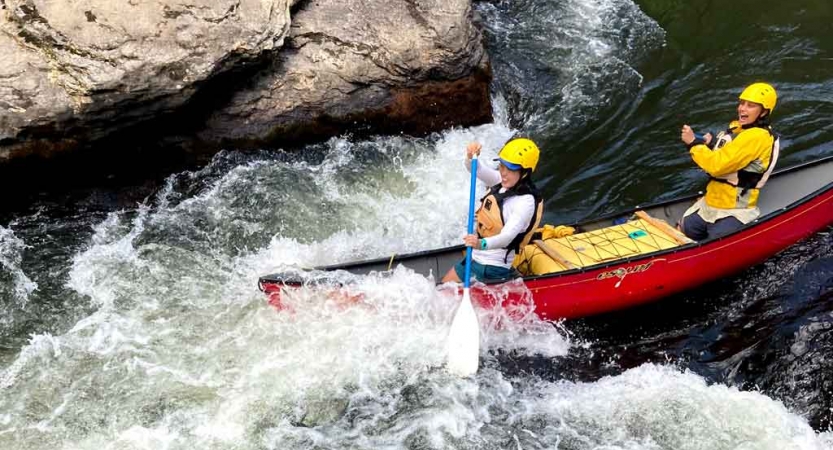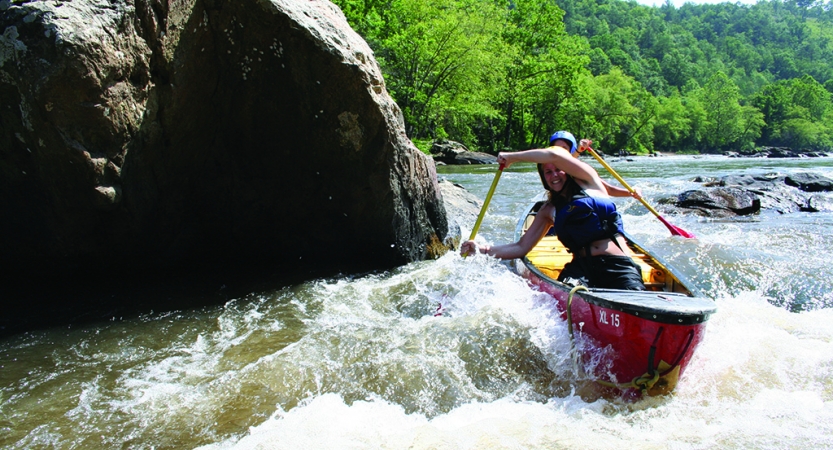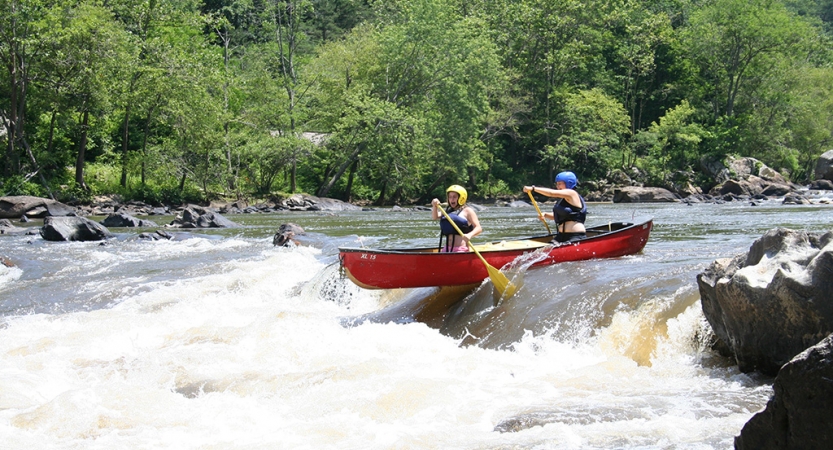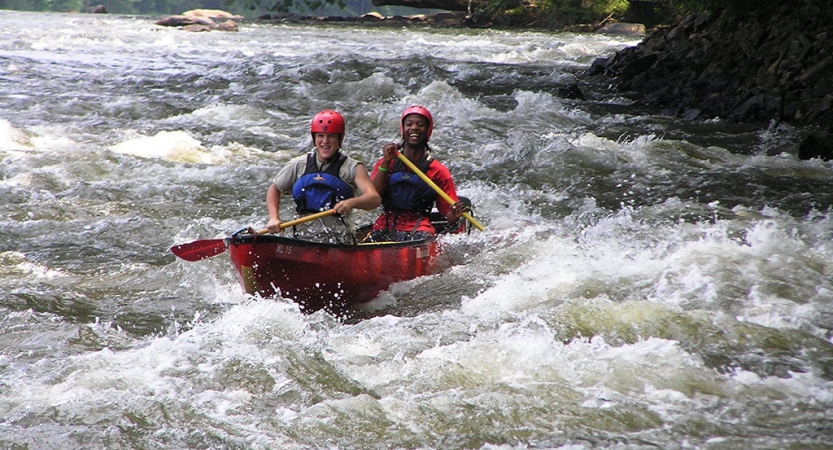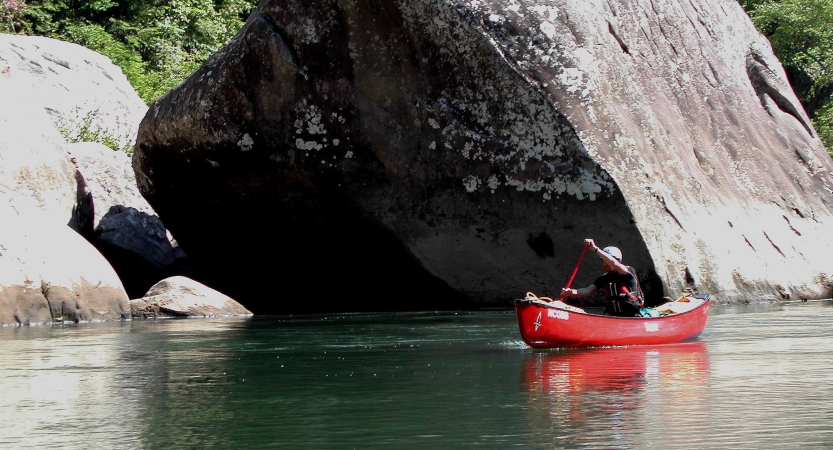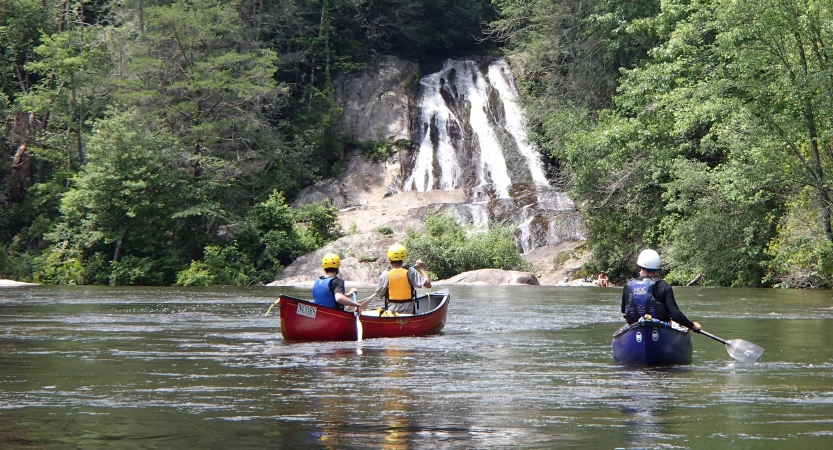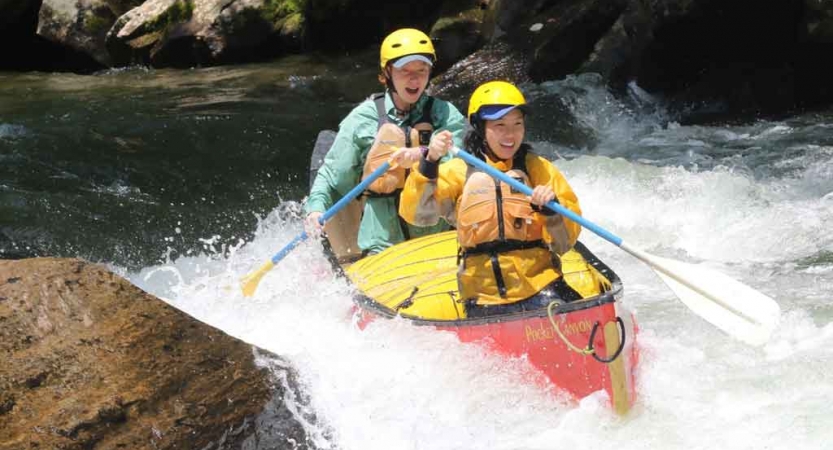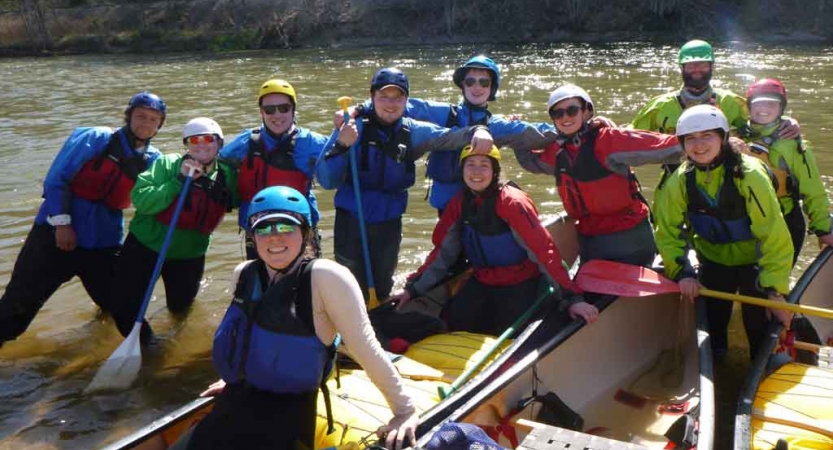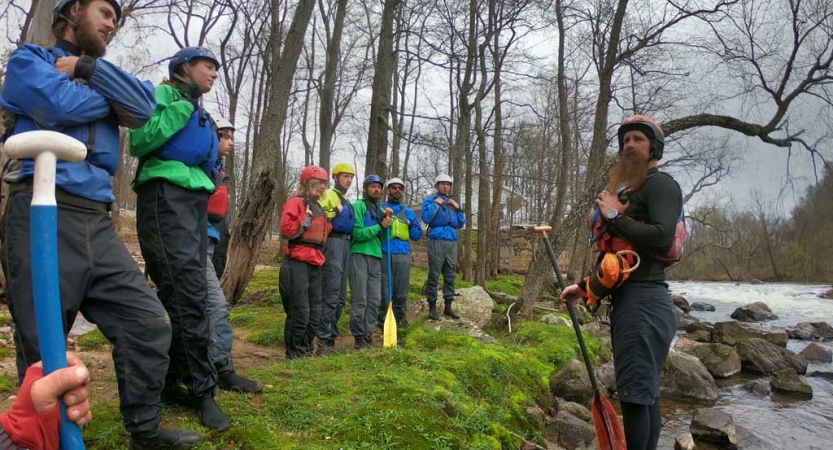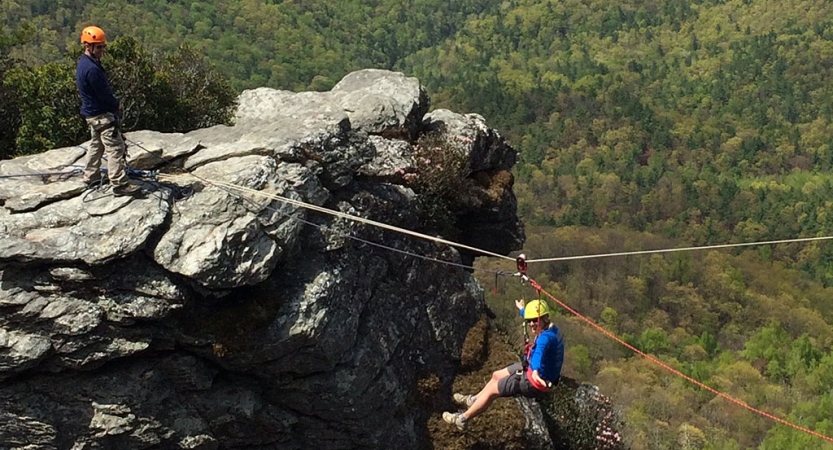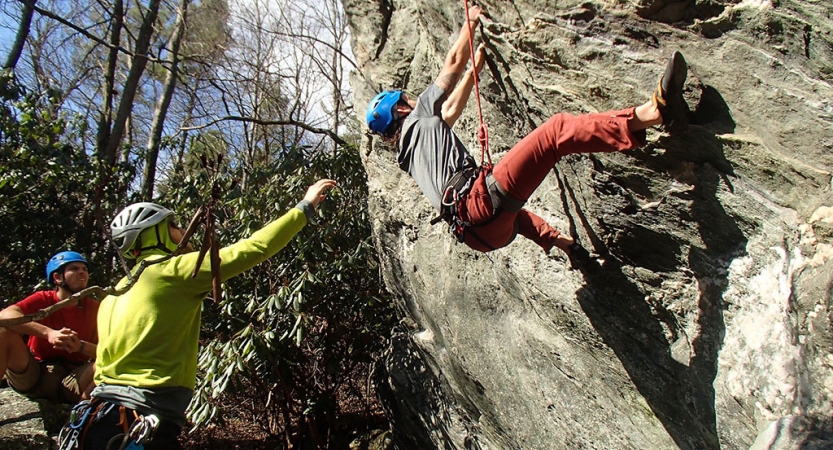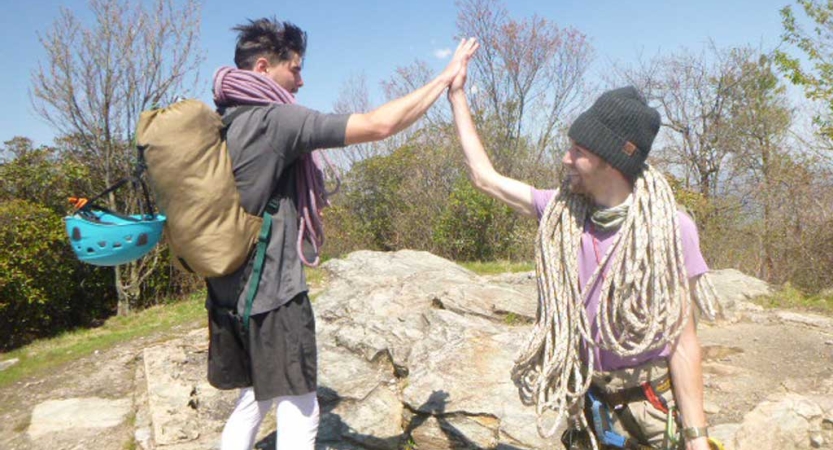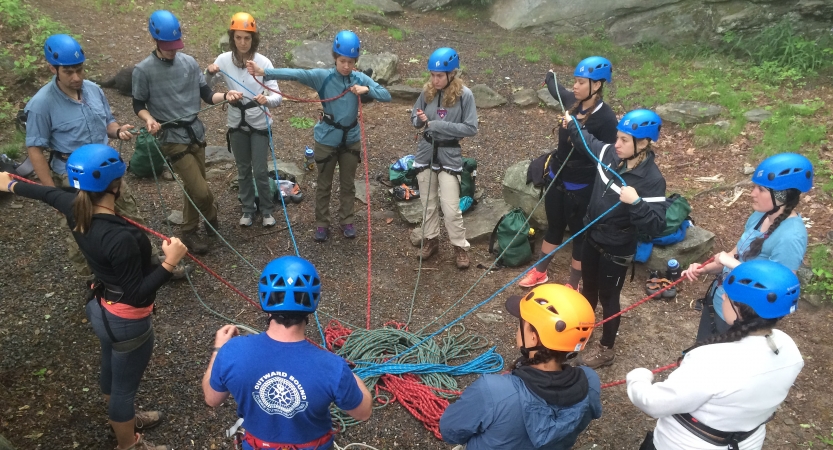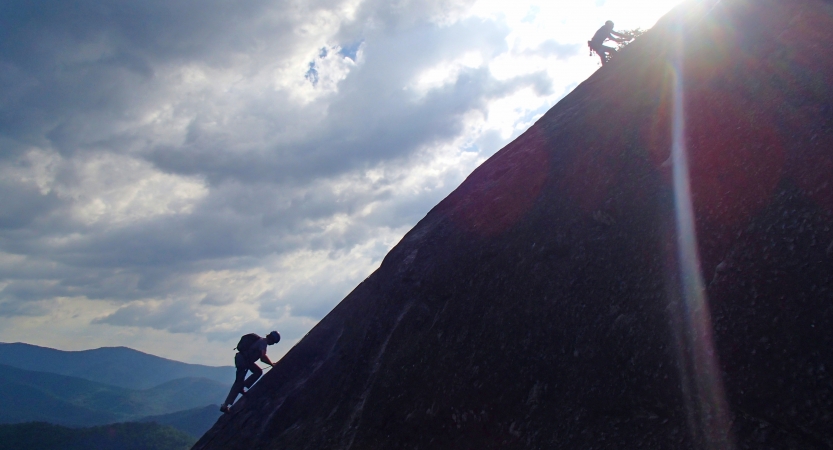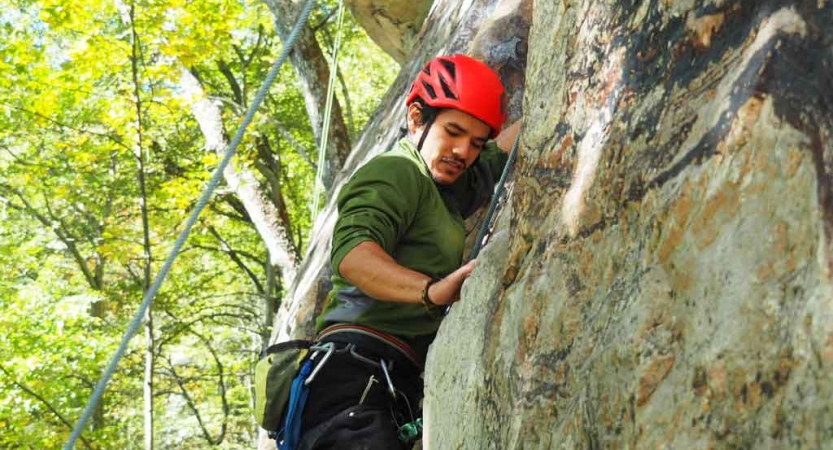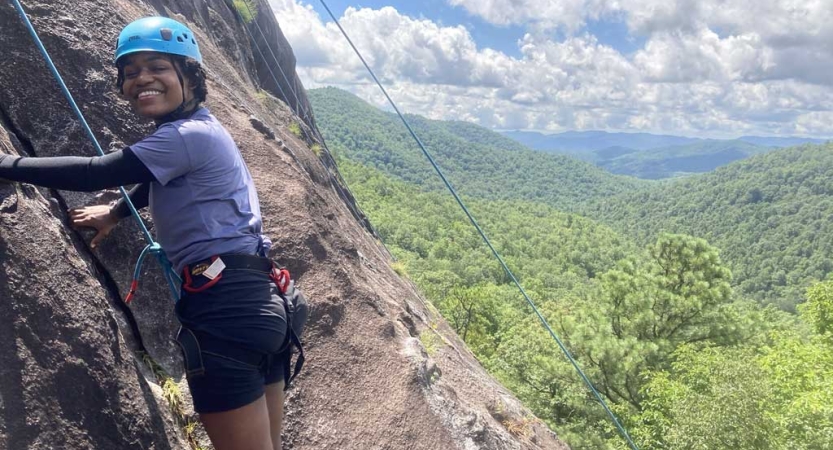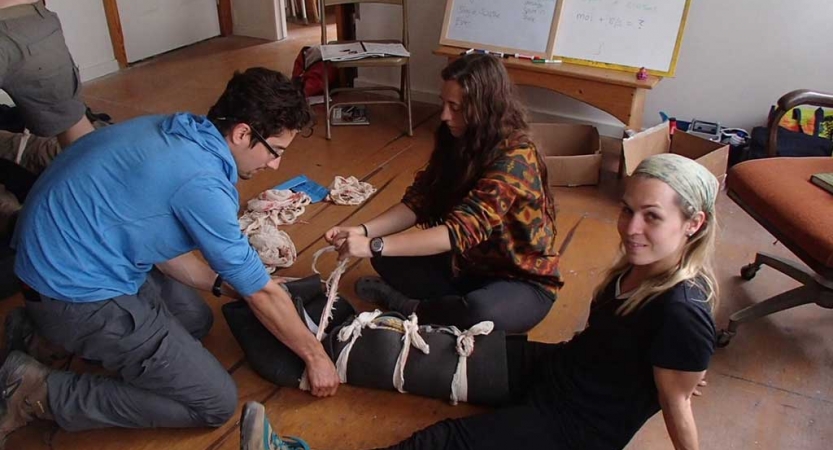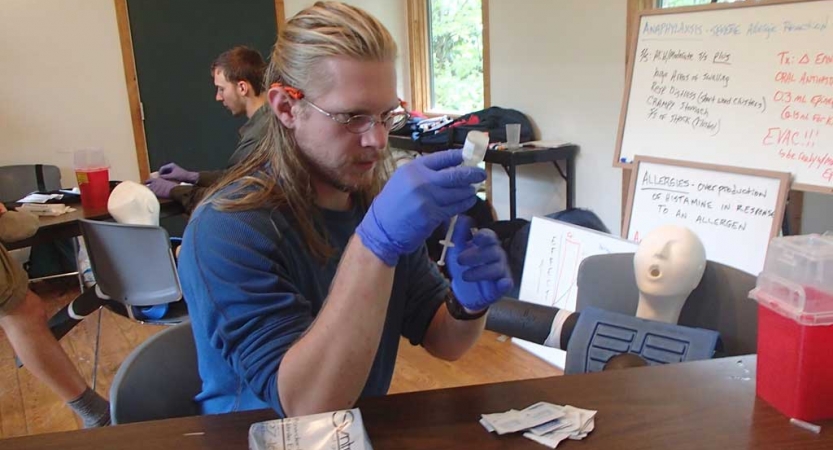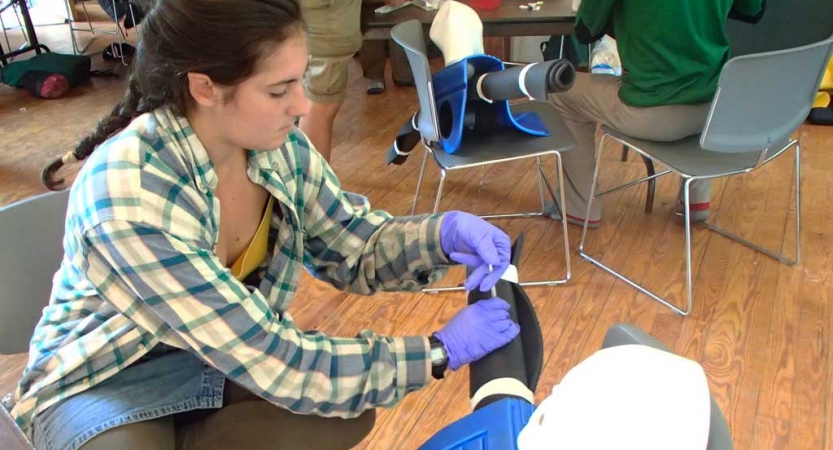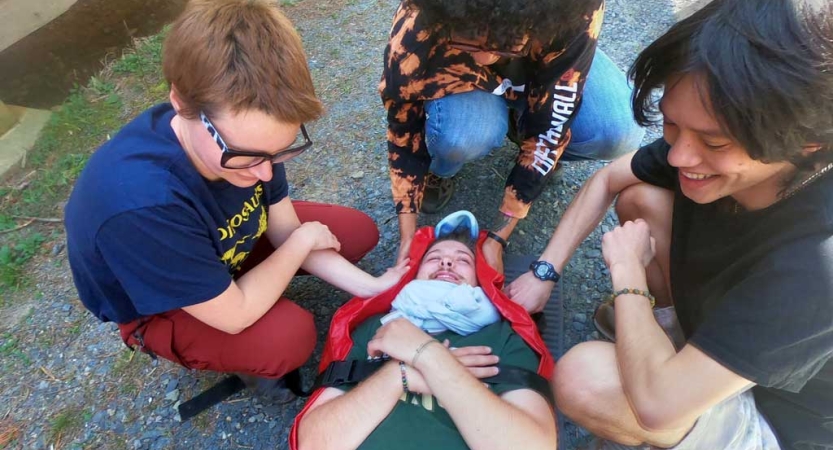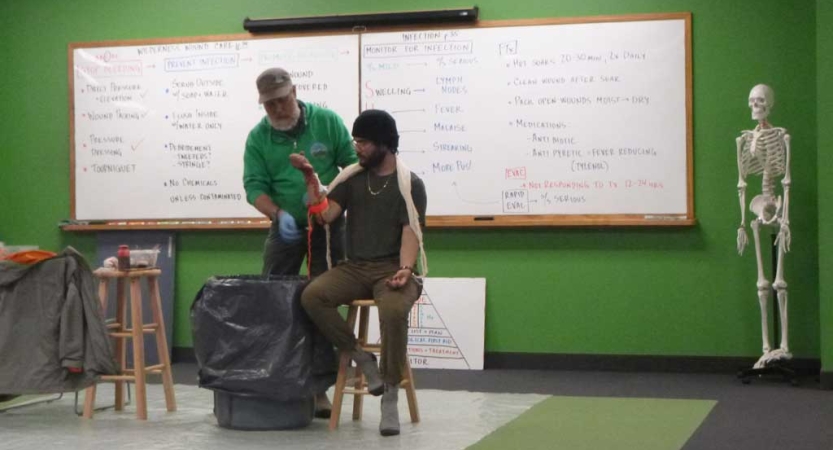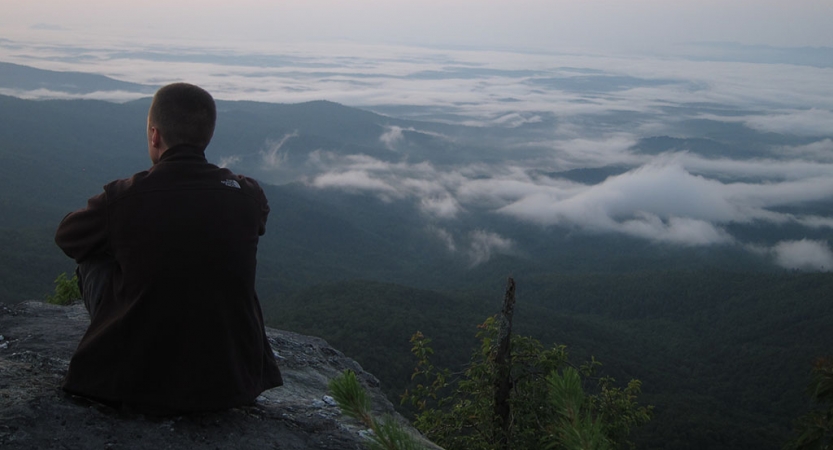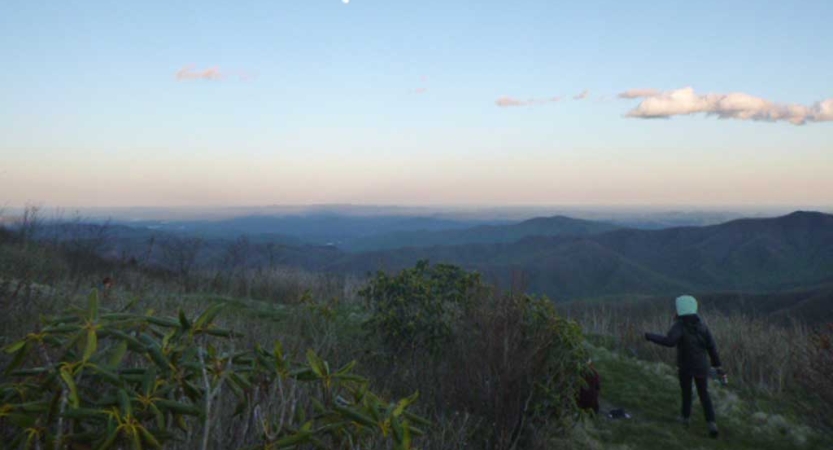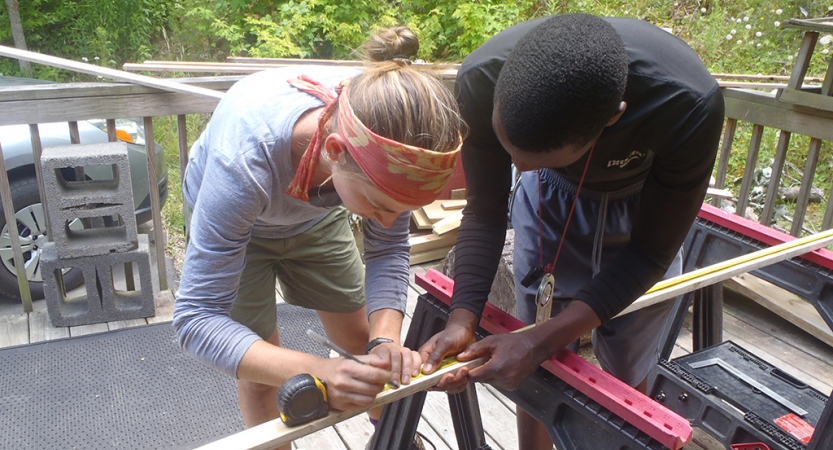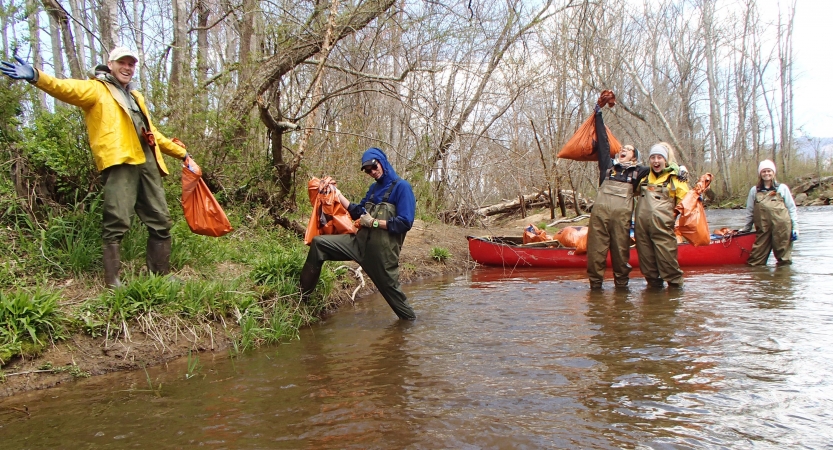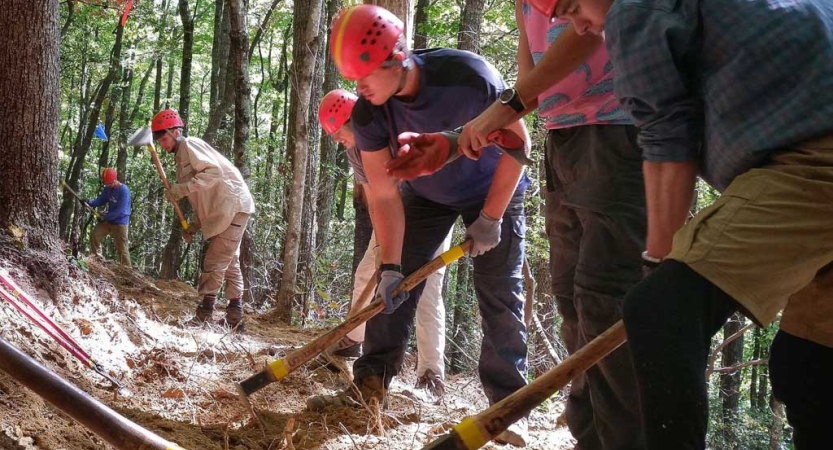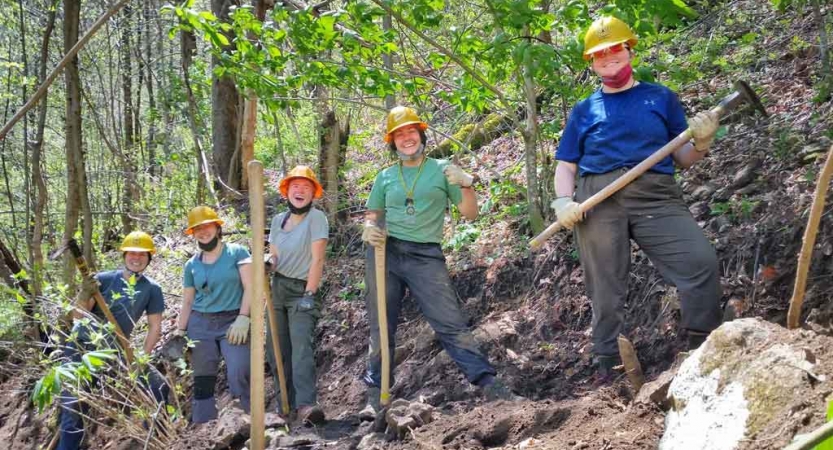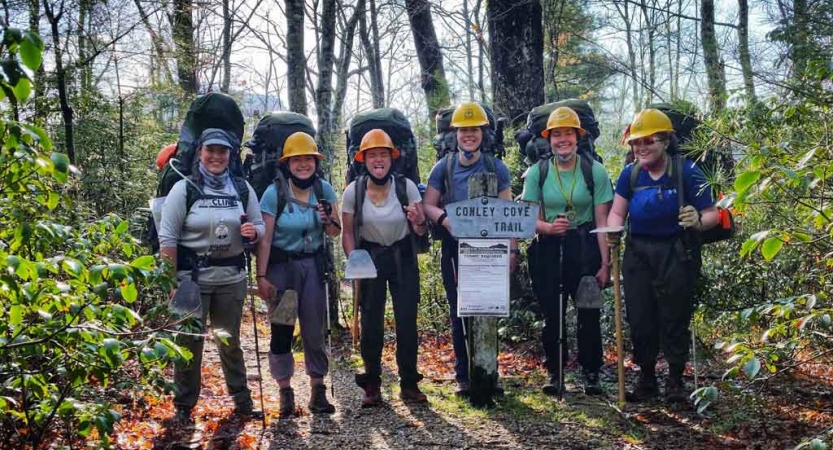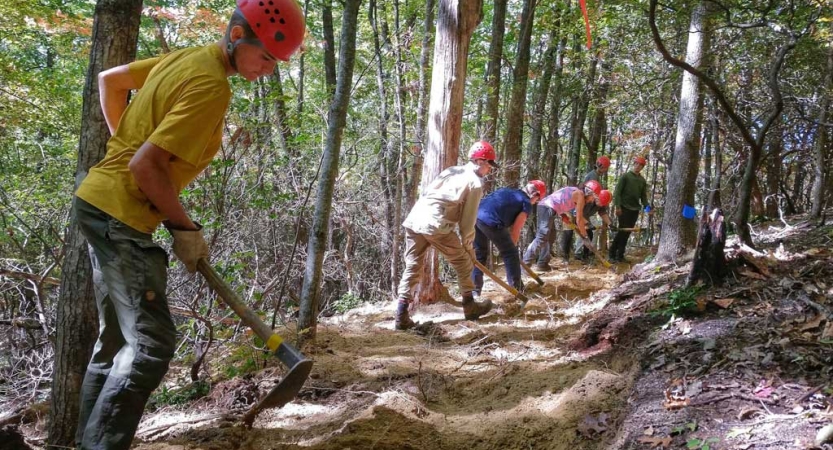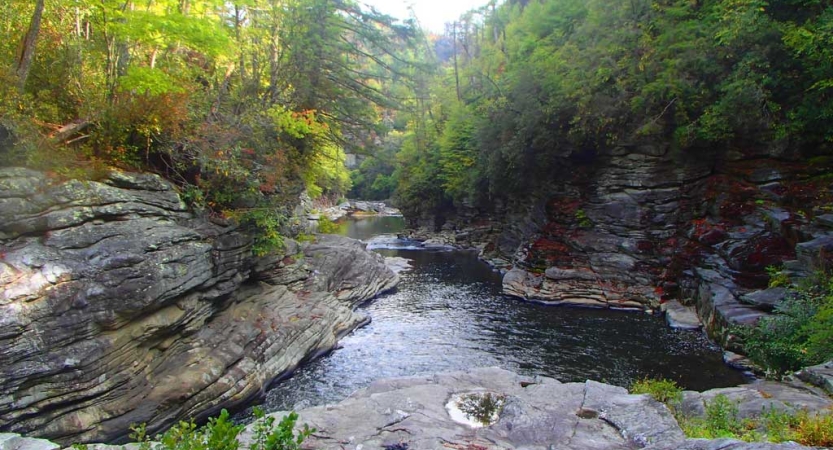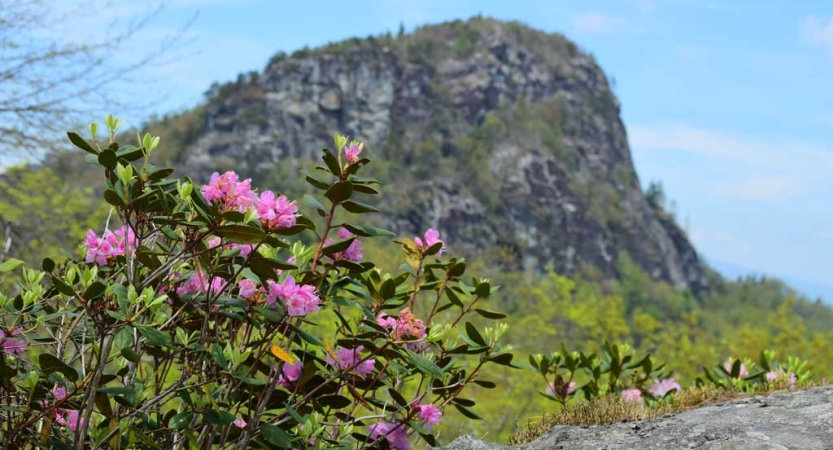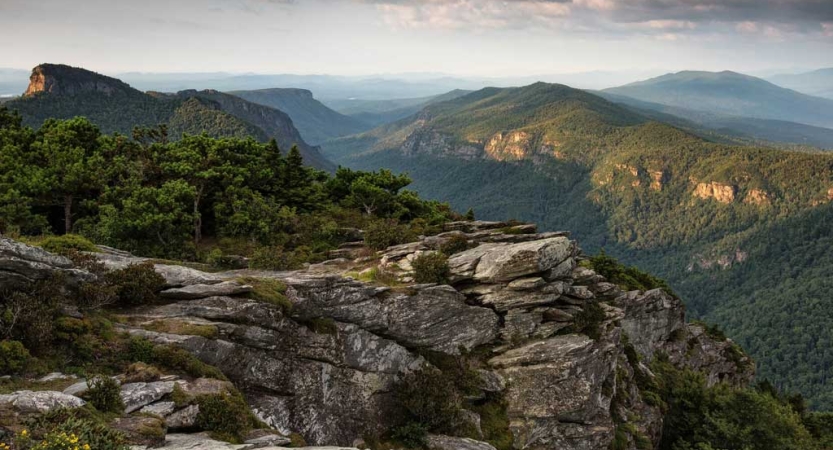-
EXPEDITIONS
-
Southwest Rafting
-
Potomac River Canoeing
-
Water Gap Backpacking, Canoeing & Leadership
-
High Sierra Backpacking & Rock Climbing for Boys
-
Maine Sailing & Backpacking
-
Water Gap Backpacking, Canoeing & Leadership
-
Chesapeake Bay Sea Kayaking
-
Southwest Rafting & Canoeing
-
Costa Rica Whitewater Rafting
-
High Sierra Alpine Backpacking & Rock Climbing for Adults
-
Boundary Waters Canoeing for Adults
-
Blue Ridge Mountains Backpacking & Rock Climbing for Adults
-
Yosemite Backpacking for Adults
-
Pathfinder Boundary Waters Canoeing & Backpacking
-
Pathfinder Southwest Canyoneering & Rafting
-
Pathfinder Blue Ridge Mountains Backpacking, Whitewater Canoeing & Rock Climbing
-
Pathfinder Rocky Mountains to Canyonlands
-
Blue Ridge Mountains to Florida & Patagonia Leadership Semester
-
Maine to Bahamas Leadership Semester
-
Canyonlands to Joshua Tree Leadership Semester
-
Costa Rica and Panama Leadership Semester
-
High Sierra Backpacking & Rock Climbing for Boys
-
Blue Ridge Mountains Backpacking & Rock Climbing for Families
-
High Sierra Alpine Backpacking & Rock Climbing for LGBTQ+ Teens
-
Ten Thousand Islands Sea Kayaking for Veterans
-
Blue Ridge Mountains Backpacking & Rock Climbing for Women Veterans
-
Ten Thousand Islands Canoeing for Veterans
-
Backpacking
-
Canoeing
-
Canyoneering
-
Dog Sledding
-
Mountaineering
-
Rafting
-
Rock Climbing
-
Sailing
-
Sea Kayaking
-
Service
-
Snow and Ice
-
EXPEDITION FINDER
CLASSIC FOR MIDDLE SCHOOL
FEATURED CLASSIC FOR MIDDLE SCHOOL
FEATURED CLASSIC FOR HIGH SCHOOL
FEATURED CLASSIC FOR ADULTS
FEATURED PATHFINDER
FEATURED SEMESTER
FEATURED OUTDOOR EDUCATOR
OUTDOOR EDUCATOR OVERVIEW INTERCEPTFEATURED INTERCEPT
INTERCEPT OVERVIEW AFFINITY GROUPSFEATURED AFFINITY GROUPS
FEATURED VETERANS
FEATURED ACTIVITIES
FEATURED SCHOLARSHIPS & ACADEMIC CREDIT
SCHOLARSHIPS & ACADEMIC CREDIT OVERVIEW PLANNING COMMUNICABLE DISEASE PRACTICESFEATURED COMMUNICABLE DISEASE PRACTICES

Program Overview
Skills
- Basic First Aid
- Basic Paddle Strokes
- Belaying a Climber
- Campcraft
- Food Preparation and Cooking
- Knots
- Map and Compass
- Natural History
- Navigation
- Rappelling
- River Reading
- Safety and Risk Management
- Self Care
- Camaraderie
- Character
- Communication
- Conflict Resolution
- Leadership
- Positive Risk Taking
- Problem Solving
- Resilience
- Responsibility
- Self Awareness
- Self Confidence
- Sense of Social Connection
- Service
Let’s Connect!
Pathfinder Blue Ridge Mountains Backpacking, Whitewater Canoeing & Rock Climbing
Take time to reflect and discover your path ahead on this Pathfinder expedition through the dramatic scenes of the Blue Ridge Mountains.
Leave behind the noise of everyday life and set foot on the path to self-discovery. Designed for young adults ages 18-25 who are seeking to take the next steps in life, Pathfinder courses provide space for reflection, meaningful discussions, and goal setting while navigating the lush backcountry of Pisgah National Forest. Your journey will take you into some of the oldest mountains in the world, providing the perfect setting for a transformative wilderness adventure.
You and your crew will backpack through lush forests, work together to cook meals and set up camp each night, navigate rushing rivers by canoe, and build trust belaying one another while rock climbing. After long days of challenge and adventure, you'll be rewarded with newfound skills, breathtaking views, fond memories, and connections that will last a lifetime.
Thank you for considering the North Carolina Outward Bound School. Stay up to date by reviewing their Tropical Storm Helene Response & Updates.
Program Overview
Skills
- Basic First Aid
- Basic Paddle Strokes
- Belaying a Climber
- Campcraft
- Food Preparation and Cooking
- Knots
- Map and Compass
- Natural History
- Navigation
- Rappelling
- River Reading
- Safety and Risk Management
- Self Care
- Camaraderie
- Character
- Communication
- Conflict Resolution
- Leadership
- Positive Risk Taking
- Problem Solving
- Resilience
- Responsibility
- Self Awareness
- Self Confidence
- Sense of Social Connection
- Service
UPCOMING COURSES
What is this?
For detailed information on course availability statuses and what they mean, click here.
Course # NCP7-2561
Age 18 - 25
Days 30
Cost $8,070
Dates 9/13/2025 - 10/12/2025
APPLY NOW
This means a course has several open spots and is actively processing applications.
What is this?
For detailed information on course availability statuses and what they mean, click here.
Course # NTP7-2661
Age 18 - 25
Days 30
Cost $8,070
Dates 4/19/2026 - 5/18/2026
APPLY NOW
This means a course has several open spots and is actively processing applications.
What is this?
For detailed information on course availability statuses and what they mean, click here.
Thank you for your interest in Outward Bound!
This course starts within the next week. Please call us at 866-467-7651 to assess the possibility of applying for this course!
APPLY NOW
This means a course has several open spots and is actively processing applications.
APPLY NOW – Almost Full
This means there are three or fewer currently available spots left on a course. To secure your spot click Apply Now to begin an application!
JOIN WAITLIST
Once a course has reached capacity, three waitlist positions become available. To join a course’s waitlist, click “Join Waitlist” to begin the application process. A $500 deposit is required. This $500 deposit includes a $150 non-refundable application fee and a $350 tuition payment. The $350 tuition payment is refundable only if you cancel your waitlist application or if an open position does not become available. If a position does become available, the applicant will be applied to the open position and the Application and Cancellation Policies of the Regional Outward Bound School will be followed, including forfeiture of the $500 deposit if you cancel 90 days or less prior to the course start date.
Waitlist applicants are encouraged to complete all required admissions documents while awaiting an open position. Positions may become available up to two weeks prior to the course start date. Applicants may only apply to one course. We recommend applying to a course with open positions instead of a course that is accepting waitlist applications. If you have questions, please call 866-467-7651 to speak with one of our Admissions Advisors.
CALL TO APPLY
This means a course is very close to its start date. Although it is unlikely to secure a spot this late, you can call the National Admissions office at 866-467-7651 to discuss your options.
COURSE IS FULL
When a course has reached maximum capacity, meaning all spots and the three waitlist spots are occupied, a course will read “Course Is Full.” This means applications are no longer being accepted.
CLOSED
As a course nears its start date, the availability status may read “Closed.” In this event, a course roster has been finalized and applications are no longer being accepted or processed.
This course starts in . Are you sure you would like to proceed?
This expedition has given me more than I could have ever expected or wished for! I have never been as motivated as I am today. Thank you to all of the staff and my crew members for being so supportive and nurturing during our course. Words will never be enough for all that I have learned during the physical and mental challenges on course. I am certain that there are no limits to what we are capable of and will never forget the pillars nor the valuable skills we were taught.
 Most College Savings Plans, including the 529 College Savings Plan, may be used to attend an Outward Bound expedition, thanks to a partnership with Western Colorado University. Anyone can register – you do not have to be a current Western Colorado University student. Registration is easy! Click here to learn more.
Most College Savings Plans, including the 529 College Savings Plan, may be used to attend an Outward Bound expedition, thanks to a partnership with Western Colorado University. Anyone can register – you do not have to be a current Western Colorado University student. Registration is easy! Click here to learn more.
Sometimes the noise of daily life makes it difficult to know what we really want, to set clear goals for ourselves, and to forge a path forward. Here’s your reset button. Our Pathfinder expeditions are designed to support students in increasing self-knowledge and awareness, improving goal-setting and decision-making processes, and developing perseverance and self-efficacy. As in the field, so in life: challenge yourself to dream big, then identify your steps to get there and start moving. We’ll put the map in your hands. You chart your path.
- Develop Connections: Adventure with like-minded peers and build relationships as you work through priorities and challenges together
- Value Strengths and Strengthen Values: Discover more about your true self and what you want to achieve, how you overcome setbacks and, most importantly, how to move forward to reach important milestones.
- Learn Outdoor Skills: After 30 days in the wilderness, you’ll master outdoor skills like using a compass, cooking over a fire, and building backcountry campsites.
- Plan For What’s Next: Return home with enhanced leadership, self-awareness, and problem-solving abilities, ready for your next big step.
A big part of what makes a Pathfinder course unique is goal setting. Before course, students are asked to identify someone from their support system (parent, friend, coach, teacher, etc.) that can help them stay committed to their goals once they're home. Then, before the course ends, students will participate in a call with that support person and their Outward Bound instructor. The call will highlight any lessons learned on course, identify goals for the future, and determine how to best incorporate all of this newfound knowledge into their lives at home.
Backpacking gives students a unique opportunity to travel further than many typically go. Students feel a sense of freedom in carrying everything they need in their packs - food, shelter, clothing, and gear. They can eat when hungry, set up camp when tired, and control what they accomplish each day. This simple mode of travel gives students the opportunity to focus on themselves and practice perseverance and self-reliance.
During backpacking days, students learn Leave No Trace Principles that minimize their impact on the land, how to navigate with a map and compass, and the different parts of camp craft.
Equally important to the technical skills is learning conflict resolution, communication styles, leadership techniques, and teamwork. After the crew has practiced these skills, Instructors will take a step back and allow the group to lead themselves, where they will be rewarded with plenty of laughter and stunning misty mountain vistas.
After a few days of wilderness fundamentals and building crew camaraderie, students will learn to maneuver Class I-Class III whitewater rapids. Paddling through sculpted rock channels in tandem (two-person) canoes offers the perfect opportunity to foster teamwork and communication skills. Students will execute synchronized strokes, dynamic eddy turns, peel-outs, and ferries on the French Broad, Tuckaseegee, Chattooga, New, or Nantahala Rivers. Some of the topics crews cover during this portion of the course include identification and use of equipment, basic water safety and rescue techniques, how to work with paddling partners to successfully negotiate Class l-Class III rapids, and flatwater and whitewater paddling strokes.
With a focus on safety, climbing instruction starts by teaching the basics, such as working with ropes and learning to tie knots. As students progress, they'll learn to climb up, or rappel down, a rock face. They may also have the opportunity to work through a high ropes obstacle course together. These uniquely structured activities provide opportunities for self-reliance, communication, and collaboration as participants confront and work through fears and challenges.
Participants prepare for the unexpected by earning a Wilderness First Aid (WFA) certification. This fast-paced, hands-on training teaches how to care for those who become ill or injured and are far from definitive medical care. Offered through a partnership with Landmark Learning, an accredited organization, this certification includes classroom lectures, demonstrations, and realistic scenarios where mock patients challenge participants to use what they've learned.
Solo is an opportunity for students to spend time alone to relax, recharge, and reflect on their course after having long days of strenuous group activities. Many students use this reflection time to think about their past and future, journal, or quietly enjoy the beauty of their surroundings. Many students find solo to be one of the most powerful and thought-provoking parts of their Outward Bound experience.
During Solo, Instructors assign students to their own space within a designated area. These sites are secluded and within hearing distance of other group members and Instructors for safety. Students will have all the necessary gear, food, water, and skills to enjoy this time alone. They also know the location of their Instructors’ campsite should they need to contact them for any reason. Instructors will be monitoring students closely during this time. Students will participate in a Solo progression on this course that includes daily reflection time and a multi-day Solo experience.
Service has always been integral to Outward Bound, allowing students to experience a deeper relationship with the environment and the local communities surrounding the course area. Students can expect to engage in several service projects that may include trail maintenance, building and grounds maintenance in local recreation areas, invasive species management, working with rescue animals, or building houses. Students explore the role of service on course and in their life at home and reflect on the impact of service on the community and themselves.
Blue Ridge Mountains, North Carolina
The Blue Ridge Mountains, or Southern Appalachians, is one of the oldest mountain ranges in the world. While the mountains formed over 250 million years ago, some rocks underlying the region are over a billion years old. The Southern Appalachians' long geologic and evolutionary history has created one of North America's most biologically diverse regions. Some even say it is “rainforest-like.”
This region is home to beautiful rushing rivers, hundreds of waterfalls, and some of the highest peaks in the Eastern United States—including Mt. Mitchell (elevation 6,684 feet), the highest point east of the Mississippi River. Its diverse landscapes have been featured in many motion pictures, including The Hunger Games and The Last of the Mohicans.
Outward Bound students can expect to share the wilderness with over 700 kinds of trees, more than 50 types of mammals, 150 different types of birds, and over 50 species of amphibians. The huge numbers of trees and plants give these mountains their namesake. Trees put the ‘blue’ in the Blue Ridge Mountains from the organic chemicals they release into the atmosphere, thereby contributing to the distinctive color of these mountains. Temperatures in this area range from 50 to 85 degrees in the summer, 30 to 65 degrees in the spring and fall, and 10 to 50 degrees in the winter. These regions are the ancestral lands of the Cherokee.
Course Stories
This expedition has given me more than I could have ever expected or wished for! I have never been as motivated as I am today. Thank you to all of the staff and my crew members for being so supportive and nurturing during our course. Words will never be enough for all that I have learned during the physical and mental challenges on course. I am certain that there are no limits to what we are capable of and will never forget the pillars nor the valuable skills we were taught.
When I arrived at base, I was in awe of how happy I felt. For the first couple days, I was so scared that that feeling would fade away – but it never did. I have been intensely challenged in numerous ways, but through it all, that bliss never left me. I think a huge part of that is because of the instructors. They went ABOVE AND BEYOND to make our course as magical as possible.
Everyone here helped my growth and overall rekindling of my soul and self. I believe Outward Bound is a continued journey that will go on for the rest of my life. The skills I obtained, I hope to utilize every day and maybe even present to others when I get back home. This course presented a new challenge every day and I truly believe I learned something new every day. I could see myself grow every day.
OTHER COURSES YOU MAY LIKE


Pathfinder Southwest Canyoneering & Ra...
Courses: 2 dates available Ages: 18-25 Length: 30 Days Cost: $8,070 Details & Dates

Pathfinder Rocky Mountains to Canyonlands
Courses: 1 date available Ages: 18-25 Length: 30 Days Cost: $8,070 Details & Dates

Pathfinder Boundary Waters Dog Sleddin...
Courses: 1 date available Ages: 18-25 Length: 30 Days Cost: $8,070 Details & Dates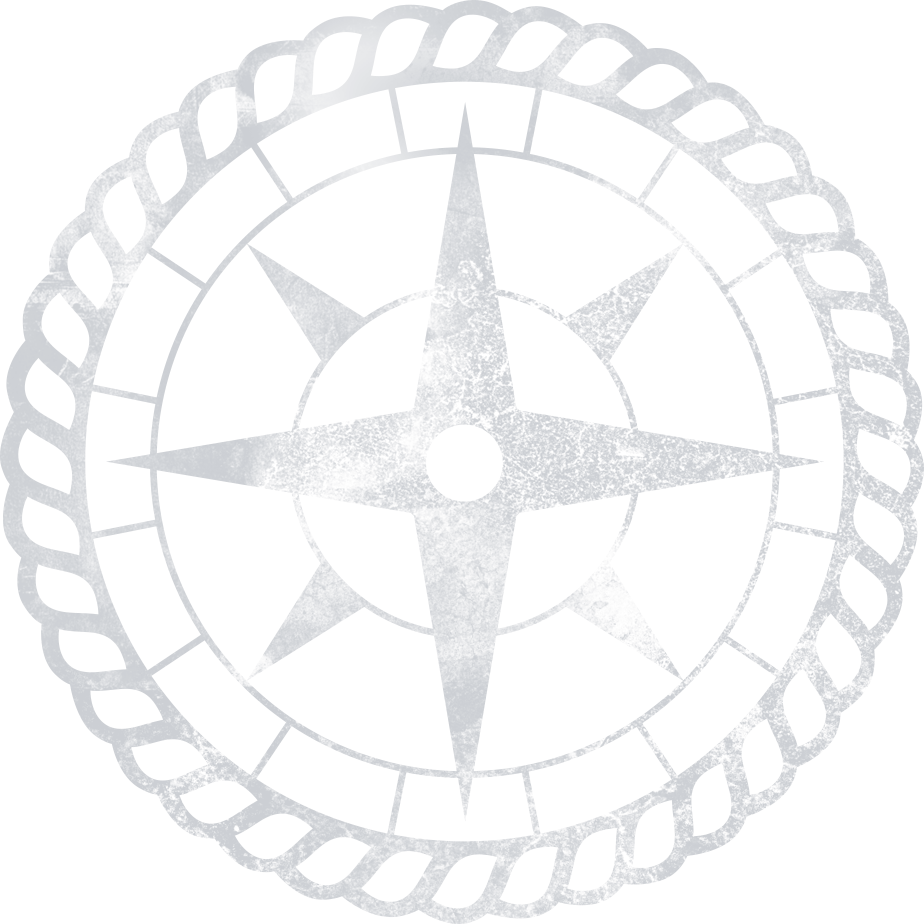
Getting Started
If you are ready to enroll on a course click the enroll button next to the course you wish to select or you can enroll over the phone by speaking with one of our Customer Success Specialists (toll-free) at 866-467-7651.
To secure your spot on a course you must submit an enrollment form and $500 deposit that is applied toward the total cost of the course and includes a $150 non-refundable enrollment processing fee.


